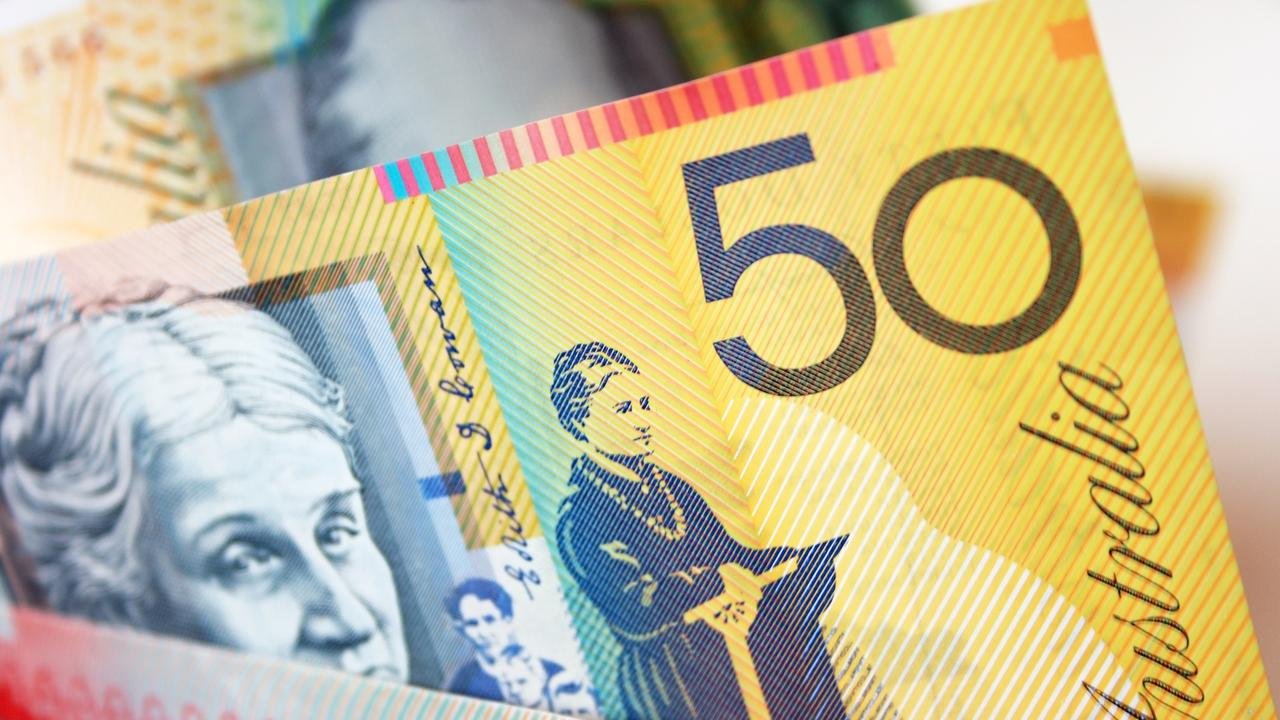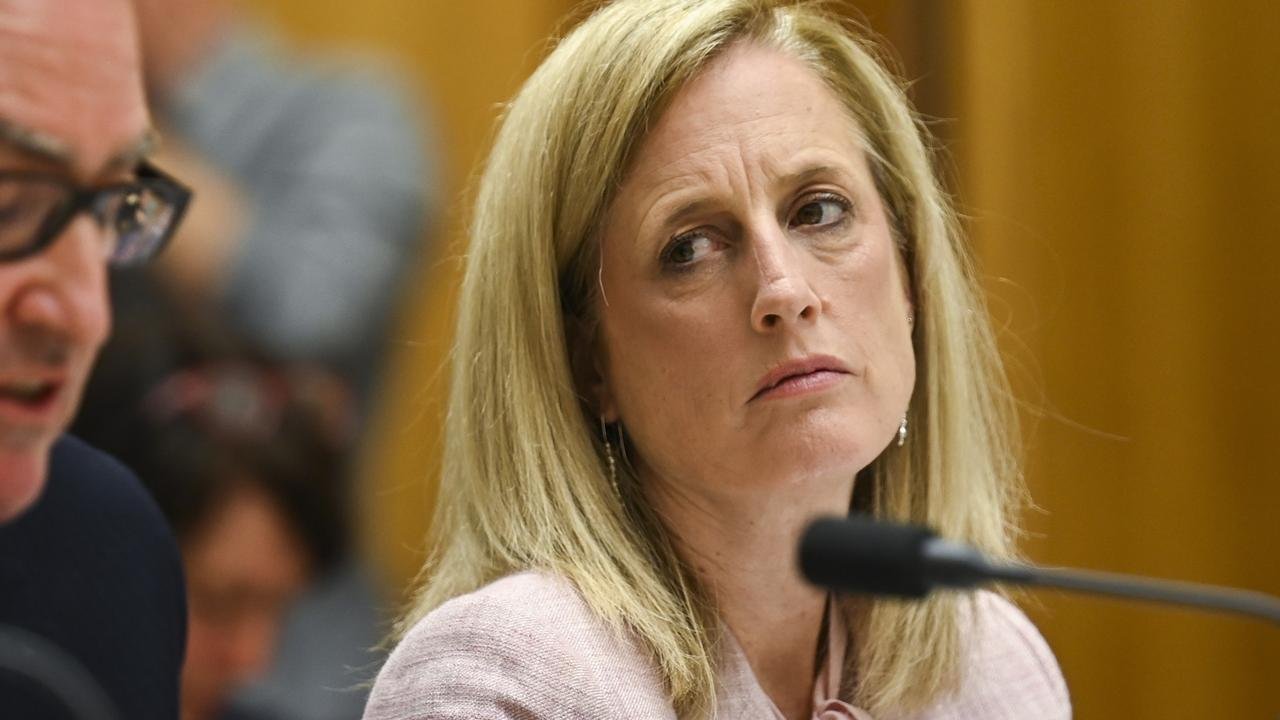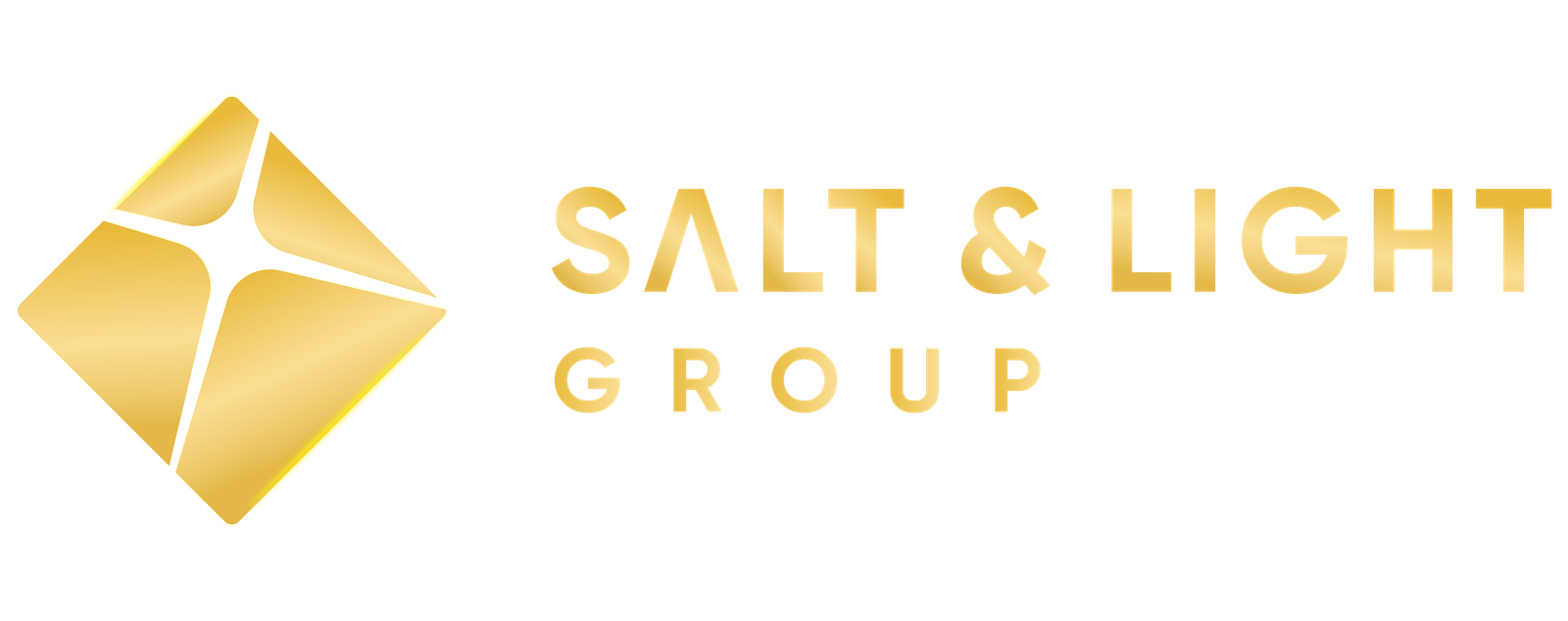- June 7, 2023
- Posted by: mararting
- Category: Interest Rates

Despite acknowledging the challenging times ahead for the next 18 months, Finance Minister Katy Gallagher has dismissed fears of an impending recession in Australia following the Reserve Bank’s indication of further interest rate increases.
During Tuesday’s board meeting, the central bank raised the cash rate to 4.10 per cent, marking the 12th increase since May of the previous year and the highest level since April 2012.
The move prompted Commonwealth Bank chief economist Gareth Aird, who had predicted that the rates would remain unchanged, to warn of an increased risk of a severe economic downturn.
He stated, “The likelihood of maintaining stability in the economy as inflation returns to the 2-3 per cent target range has been further diminished.”

Speaking to the ABC, Senator Gallagher stated that although the government expects the next 18 months to be challenging, the fear of a recession is unfounded.
“The Treasury and the independent Reserve Bank do not share that forecast. While they acknowledge a narrow path, their view is separate from Treasury’s advice,” she said.
She also mentioned that the government had anticipated an economic slowdown in the October budget, and this perspective remains unchanged.
Senator Gallagher highlighted Australia’s advantages, such as a low unemployment rate and favorable prices for exported goods, which differentiate it from global uncertainties.
RBA governor Philip Lowe, in a speech on Wednesday, acknowledged that the journey to achieving a soft economic landing might be turbulent but still possible.

Since May 2022, the RBA has steadily raised rates from the record low of 0.1 per cent in an effort to control inflation.
Data released by the ABS last week showed a jump in the annual inflation rate from 6.3 per cent to 6.8 per cent in April, well above the bank’s target range of 2 to 3 per cent.
Dr. Lowe defended the cash rate increase, emphasizing the necessity of bringing inflation back within the target range in a reasonable timeframe to avoid negative economic consequences.
He stated, “There is a limit to how long inflation can exceed the target band. Prolonged high inflation increases the risk of inflation expectations adjusting, making it more challenging and costly to restore inflation to the target.”
Mr. Aird speculated that the reference to “upside risks” in Dr. Lowe’s statement implied that the central bank raised rates in response to the Fair Work Commission’s decision to raise minimum award wages by 5.75 per cent on July 1.

“The RBA chose not to explicitly mention the Fair Work Commission decision for political reasons,” explained the CBA chief economist in an interview with ABC Radio.
“Reading between the lines, that’s what we believe prompted their action.”
Meanwhile, the opposition has criticized the government’s recent budget, asserting that it contributes to inflationary pressures.
Opposition finance spokeswoman Jane Hume argued, “When you have a budget with increased spending, it sends a message to the Reserve Bank that you’re pushing on the accelerator, while the RBA and interest rates are applying the brakes.”
However, Senator Gallagher defended the government’s approach, stating that the budget was calibrated based on prevailing economic circumstances at the time.
